For thousands of years, agriculture has been the backbone of human civilization. From the early days of hunter-gatherer societies to the rise of complex agrarian civilizations, agriculture has played a central role in the development of human societies. And as technology has advanced over the centuries, so too has agriculture.
Today, with the advent of modern technologies such as precision farming, big data analytics, and the Internet of Things (IoT), agriculture is undergoing another revolution.
Applications:
The application of modern technology to agriculture has the potential to transform the industry in numerous ways. Precision farming technologies such as GPS-guided tractors and drones equipped with sensors and cameras provide farmers with real-time data on soil conditions, weather patterns etc. This data can be used to optimize planting schedules, reduce the use of fertilizers and pesticides, and increase yields.
Another area where modern technology is transforming agriculture is in the field of data analytics. By collecting and analyzing data from various sources, including soil sensors, weather stations, and crop yield monitors, farmers can gain valuable insights into their operations. This data can be used to identify patterns and trends, such as which crops perform best in certain conditions, and to make more informed decisions about resource allocation.
The use of IoT devices is helping to revolutionize agriculture by enabling farmers to remotely monitor and control their operations. Like, smart irrigation systems can adjust watering schedules based on real-time data, reducing water waste and increasing efficiency.
Similarly, livestock monitoring systems can track animal health and behavior. This allows farmers to identify potential issues before they become serious problems.
The application of modern technology to agriculture is also helping to address some of the industry’s biggest challenges, such as climate change, food security, and resource scarcity.
For example, precision farming technologies can help farmers reduce their environmental footprint by minimizing the use of water and chemicals. Similarly, data analytics can help farmers identify areas of their operations where they can reduce waste and improve efficiency.
Challenges:
However, there are also some challenges associated with the application of modern technology to agriculture. One of the biggest is the cost of implementing these technologies. Many of the tools and systems used in precision farming and data analytics can be expensive. At the same time, many farmers may not have the financial resources to invest in them.
Another challenge is the need for specialized expertise to operate and maintain these technologies.
Overall, the application of modern technology to agriculture has the potential to transform the industry in numerous ways. They enabling farmers to collect and analyze data, make more informed decisions, and optimize their operation. In the end,these technologies can help to increase efficiency, productivity, and sustainability.
As the world’s population continues to grow, the use of modern technology in agriculture will be critical in ensuring that we can continue to meet the growing demand for food while minimizing our environmental impact.





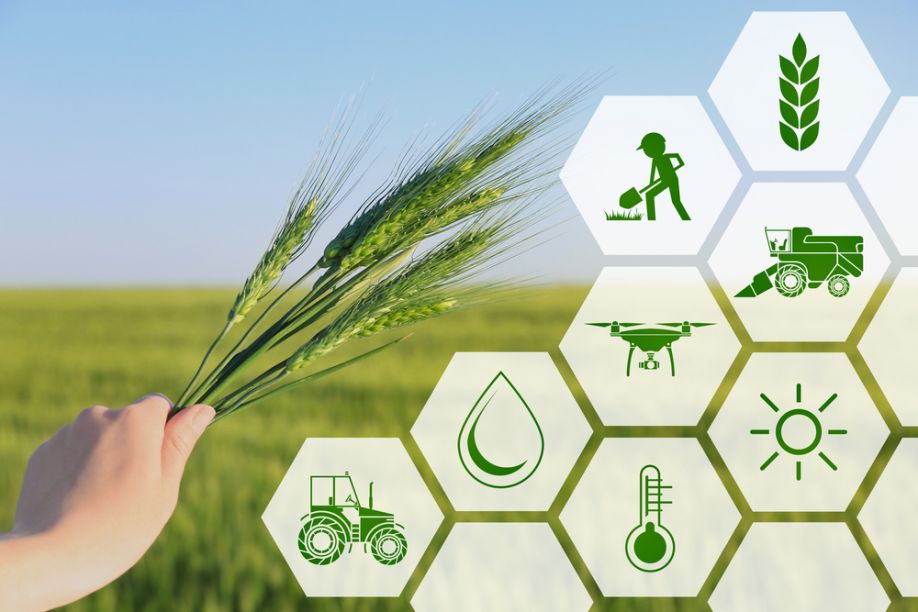

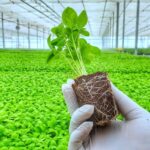

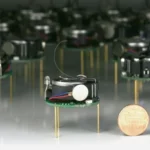



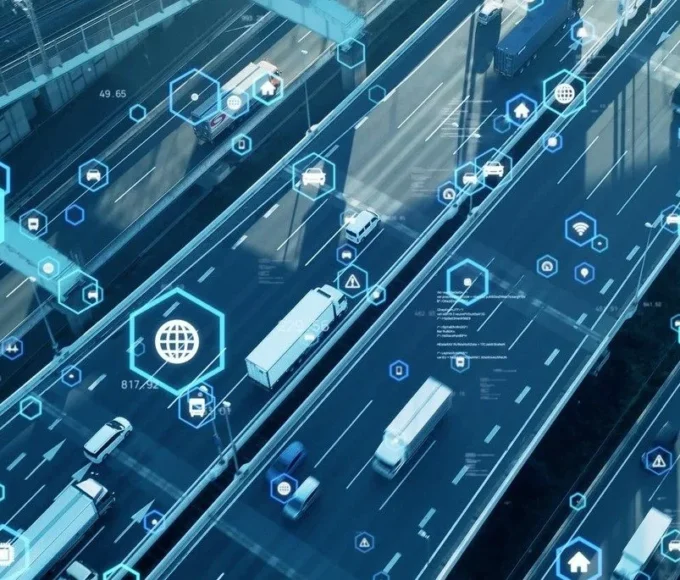
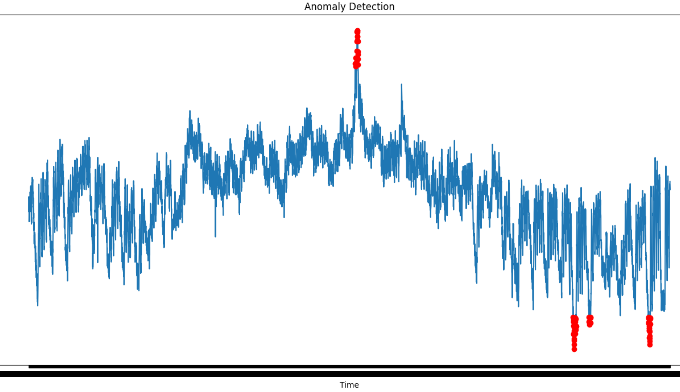
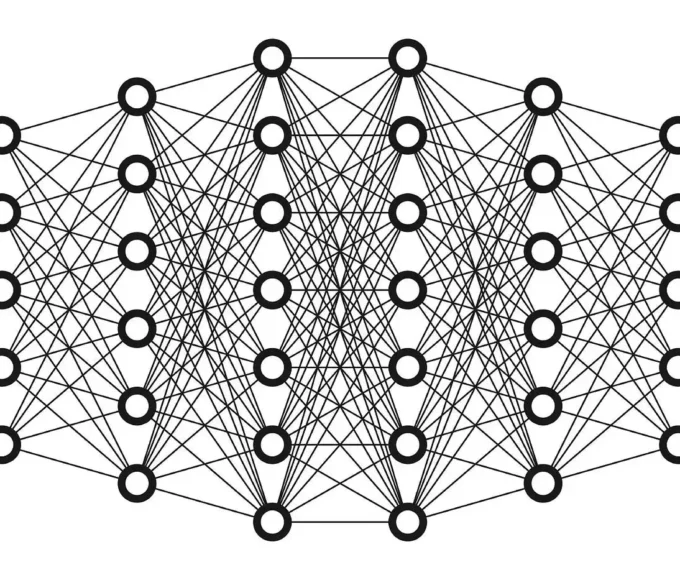
Leave a comment